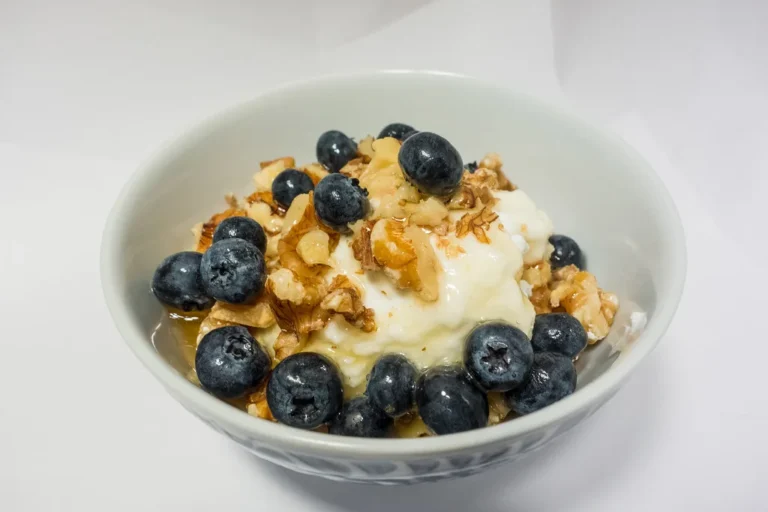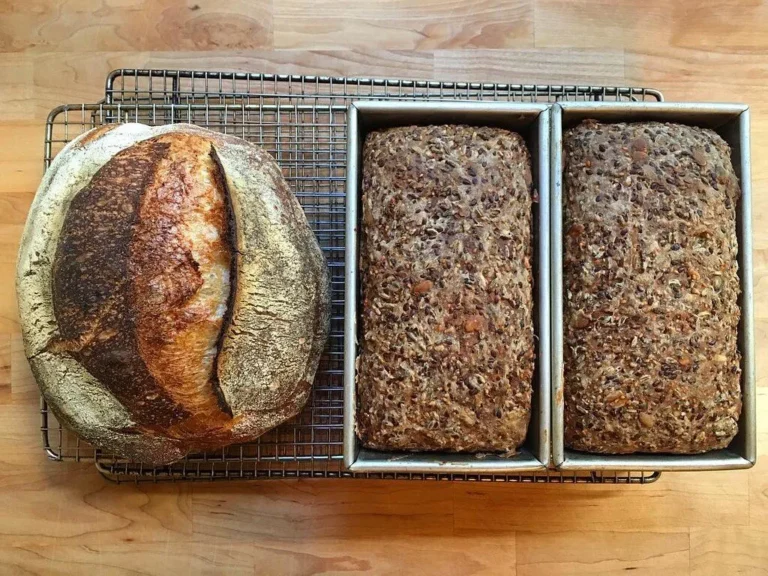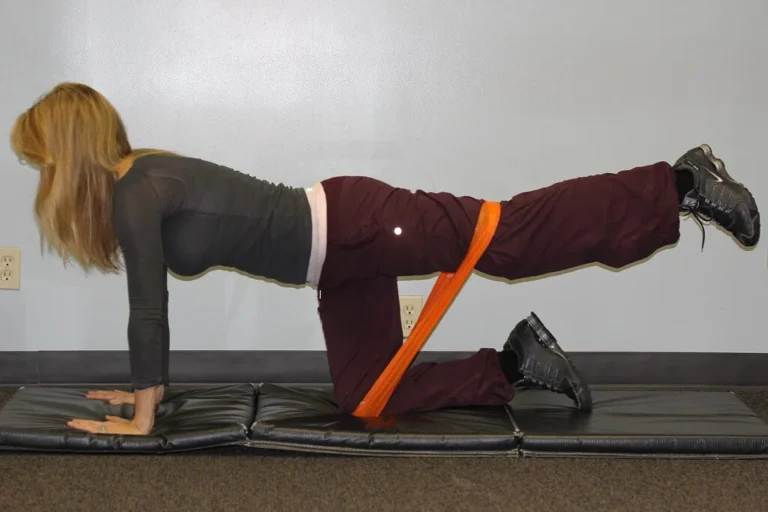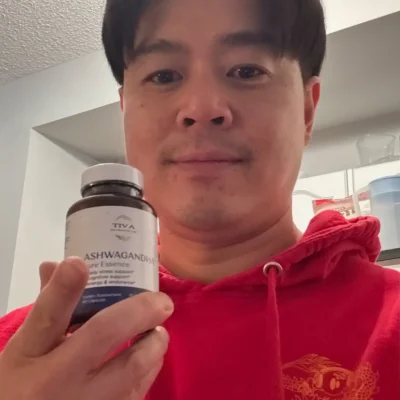Alternatives to alcohol for stress relief can lead you to healthier, more sustainable coping mechanisms. While alcohol may provide temporary relief, it can also contribute to increased anxiety and other health issues. By exploring options such as meditation, exercise, or herbal teas, you can foster long-lasting emotional well-being without the negative side effects. This blog post will guide you through various effective methods to manage stress and enhance your overall quality of life, empowering you to make wiser choices in your journey toward relaxation and peace.
Key Takeaways:
- Exploring non-alcoholic beverages such as herbal teas, sparkling water, or mocktails can provide satisfying alternatives that promote relaxation without the adverse effects of alcohol.
- Engaging in physical activities like yoga, walking, or dancing can serve as effective ways to alleviate stress and improve mental well-being.
- Utilizing mindfulness techniques, such as meditation or deep-breathing exercises, offers a healthy means of managing stress and enhancing emotional resilience.
Understanding Stress and Its Effects
Your daily life can be filled with various stressors that accumulate and weigh heavily on your mental and physical well-being. Stress manifests in numerous ways, affecting your mood, energy levels, and overall health. Recognizing how stress affects you is the first step in finding effective alternatives for relief that do not involve alcohol. By understanding the nature of stress and its symptoms, you can take proactive steps toward achieving a healthier, more balanced lifestyle.
The Impact of Stress on Mental Health
Along with physical health impacts, stress can significantly affect your mental well-being. High levels of stress can lead to anxiety, depression, and other emotional challenges. It’s important to acknowledge these mental health effects, as they can greatly impact your relationships, work performance, and overall quality of life. By developing effective coping strategies, you can better manage stress and protect your mental health.
Exploring the Connection Between Alcohol and Stress Relief
Effects of stress often lead individuals to seek out quick relief through alcohol consumption, believing it to be a solution. Initially, drinking may seem to provide temporary relaxation and escape. However, this reliance can spiral into dependency and mask underlying issues rather than address them. It’s important to recognize that while alcohol can create a fleeting sense of relief, its long-term effects may worsen anxiety and stress levels, leading to a cycle that is difficult to break. Exploring healthier alternatives can ultimately lead to more sustainable stress management practices.
Alcohol activates the brain’s reward system, temporarily making you feel better and masking stress. However, over time, your body builds tolerance, leading you to consume more to achieve the same effect. This can create a dangerous cycle where you become increasingly reliant on alcohol for stress relief, potentially resulting in dependency and exacerbating mental health issues such as anxiety and depression. Additionally, alcohol disrupts sleep patterns and can lead to physical health problems, making it a less than ideal solution. Focusing on healthier stress relief alternatives not only promotes well-being but also strengthens your resilience against life’s challenges.
Healthy Alternatives to Alcohol
Assuming you’re looking for ways to manage stress without turning to alcohol, there are numerous healthy alternatives available that can provide relief and enhance your well-being. From practicing mindfulness to incorporating physical activity into your routine, these alternatives can help you achieve a sense of calm and balance in your life.
Mindfulness and Meditation
Healthy mindfulness practices and meditation can significantly reduce stress levels. By dedicating just a few minutes each day to focus on your breath and thoughts, you create a mental space that promotes relaxation and clarity. This habit encourages you to be present, helping you to manage anxiety and improve your overall emotional health.
Physical Activity and Exercise
Above all, engaging in physical activity and exercise can be an effective way to alleviate stress. Activities like walking, running, or yoga release endorphins, which are chemicals in your brain that improve your mood. This positive effect can help combat feelings of tension and anxiety, making it a worthwhile addition to your routine.
In addition, regular exercise not only boosts your mood but also improves your physical health and self-esteem. It provides a productive outlet for stress while strengthening your body and mind. Consider activities you enjoy, such as dancing or team sports, to ensure it remains a fun and engaging part of your day. Incorporating even short bursts of activity can make a significant difference in how you feel.
Natural Supplements and Herbal Remedies
Across the spectrum of stress relief, natural supplements and herbal remedies like ashwagandha, chamomile, and lavender have shown promise in reducing anxiety symptoms and promoting relaxation. These alternatives present a gentler way to help balance your mood and calm your nerves without the drawbacks associated with alcohol.
At the same time, it’s imperative to consult with a healthcare professional before incorporating any new supplements into your routine. Each herbal remedy carries potential interactions with medications or side effects that you should understand. Choosing the right option tailored to your specific needs can enhance your stress management strategy safely and effectively.
Creative Outlets for Stress Relief
After a long day, engaging in creative outlets can be a powerful way to alleviate stress and promote relaxation. Whether through visual arts, music, or writing, tapping into your creativity allows you to express emotions and thoughts that may be difficult to articulate otherwise. These activities not only serve as a distraction but also encourage mindfulness, helping you find enjoyment in the process of creation rather than focusing on your worries.
Art and Music Therapy
Creative expression through art and music therapy offers a therapeutic way to process emotions and relieve stress. By embracing various forms of art, from painting to playing an instrument, you allow yourself to explore and communicate feelings without judgment. These activities can foster a sense of accomplishment and joy, which are imperative for overall mental well-being.
Writing and Journaling
Around you, the written word is a sanctuary that can help you process thoughts and emotions. Writing and journaling encourage self-reflection, allowing you to identify stressors and gain clarity on your feelings. By putting your thoughts down on paper, you create a safe space to explore your inner world, enhancing your emotional intelligence and reducing anxiety.
Outlets like writing and journaling not only help with emotional processing but also establish healthy coping mechanisms for stress. By reflecting on your experiences and feelings, you can uncover patterns that trigger anxiety, leading to better insights about your emotional state. Additionally, journaling serves as a time capsule, allowing you to track your growth and celebrate personal victories. This practice can ultimately boost your self-awareness and empower you to tackle stress with more resilience.
Building a Support System
Now, establishing a support system is vital for managing stress in healthier ways. Surrounding yourself with positive, understanding individuals can provide a sense of belonging and shared experiences. Whether it’s friends, family, or community groups, these connections can help you navigate your emotions and work through challenges together, ultimately leading to improved mental well-being.
The Importance of Social Connections
Importance of maintaining strong social connections cannot be overstated. Engaging with others allows you to share feelings, gain fresh perspectives, and feel less isolated. These connections foster a sense of safety and support, enabling you to face life’s stresses with resilience and positivity.
Professional Help and Counseling
An necessary option for stress relief is seeking professional help and counseling. Sometimes, talking to someone trained in mental health can provide you with invaluable tools and insights to manage your stress effectively.
It’s imperative to understand that professional guidance is not a sign of weakness but a proactive step toward better mental health. Therapists can offer personalized strategies tailored to your unique situations, helping you develop coping mechanisms that foster resilience. They can also assist you in exploring underlying issues contributing to your stress, paving the way to a healthier mindset. By investing in your mental health, you are actively choosing to improve your quality of life, making it a positive step toward a healthier you.
Lifestyle Changes for Long-Term Stress Management
Keep in mind that making lifestyle changes can significantly enhance your ability to manage stress over the long term. Incorporating consistent exercise, mindfulness practices, and healthy routines into your daily life can create a solid foundation for resilience. By prioritizing self-care and fostering a balanced lifestyle, you can effectively reduce stressors and build a more fulfilling life.
Nutrition and Diet
Before making any dietary changes, it’s important to understand how what you eat can impact your mood and stress levels. A well-balanced diet rich in whole foods, such as fruits, vegetables, whole grains, and lean proteins, can provide your body with the necessary nutrients to combat stress. Avoiding excessive sugar and caffeine will also help sustain stable energy levels, enhancing your overall well-being.
Sleep Hygiene and Restorative Practices
For optimal stress management, establishing good sleep hygiene is necessary. Creating a soothing bedtime routine, maintaining a consistent sleep schedule, and minimizing screen exposure before bed can greatly improve your sleep quality. Engage in restorative practices like meditation, yoga, or deep breathing exercises to further support relaxation and rejuvenation.
Hence, prioritizing sleep hygiene is key to effectively managing stress. Focus on establishing a calm sleeping environment, such as keeping your bedroom dark and cool, and consider employing relaxation techniques before bedtime. Quality sleep not only improves cognitive function but also boosts emotional resilience. By recognizing and addressing factors that disrupt your sleep, you can foster a sense of well-being that carries through your day-to-day life, providing a strong defense against stress.
Conclusion
Considering all points, exploring alternatives to alcohol for stress relief can significantly enhance your overall well-being. Options like mindfulness, exercise, creative pursuits, and social connections allow you to manage stress in healthier ways. By adopting these methods, you can cultivate resilience and improve your mental health, making it easier to navigate life’s challenges. Embracing these alternatives not only supports your emotional stability but also fosters personal growth and fulfillment.
Q: What are some effective alternatives to alcohol for managing stress?
A: There are several healthy alternatives to alcohol that can help manage stress. Some effective options include practicing mindfulness or meditation, engaging in regular physical activity like yoga or jogging, and exploring creative outlets such as painting or writing. Additionally, spending time in nature, connecting with friends or family, and engaging in hobbies can provide stress relief without the negative side effects associated with alcohol consumption.
Q: Can herbal remedies or teas help in reducing stress?
A: Yes, certain herbal remedies and teas can help in reducing stress levels. Herbs such as chamomile, lavender, and ashwagandha are known for their calming properties. Drinking herbal teas made from these ingredients can promote relaxation and improve mood. Furthermore, incorporating adaptogenic herbs into your routine may help your body adapt to stress more efficiently. However, it’s best to consult with a healthcare professional before starting any new herbal regimen.
Q: How can I replace the social aspect of drinking with healthier alternatives?
A: Replacing the social aspect of drinking with healthier alternatives can be achieved by seeking out activities that promote connection without alcohol. Consider organizing game nights, attending fitness classes with friends, or participating in local workshops or community events. Non-alcoholic beverages such as sparkling water with fruit or mocktails can also provide a fun and refreshing alternative when socializing. Exploring new interests and hobbies with friends can further enhance social connections while supporting a healthier lifestyle.
















































